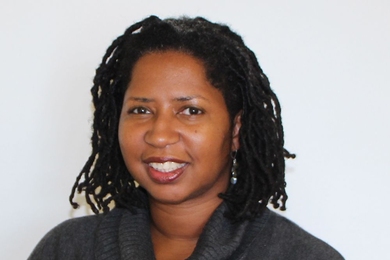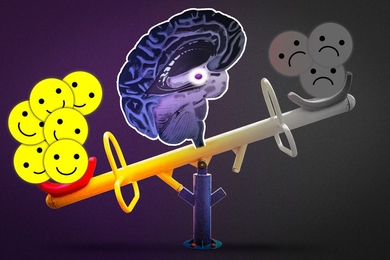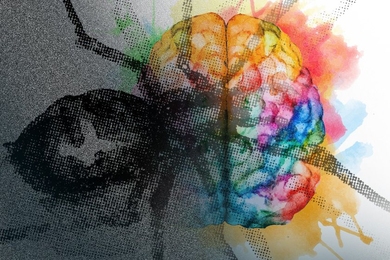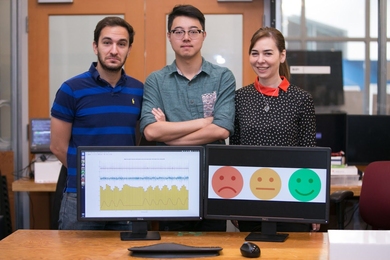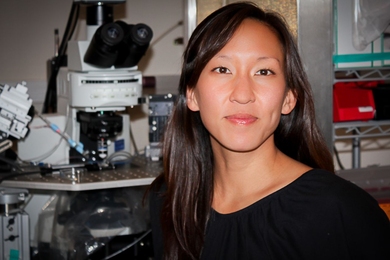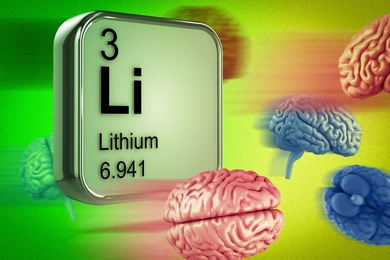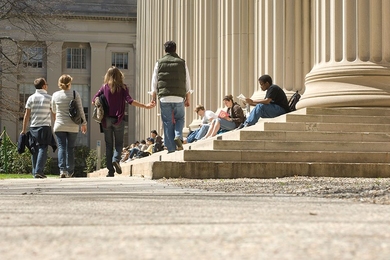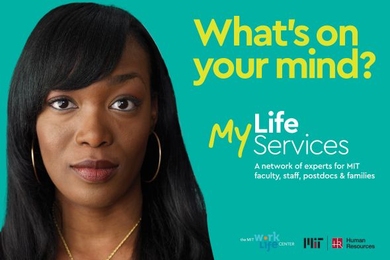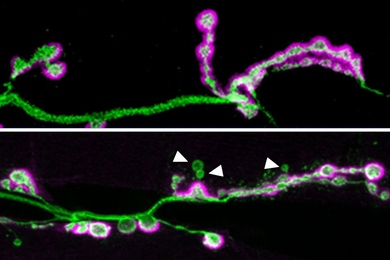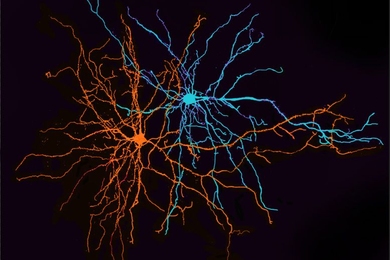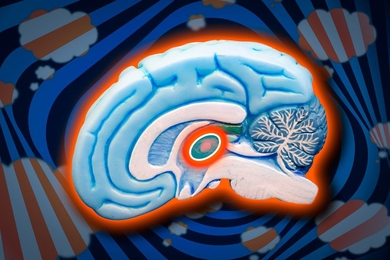A delicate balance between positive and negative emotion
Neuroscientists identify two neuron populations that encode happy or fearful memories.
Pinpointing a brain circuit that can keep fears at bay
Study suggests path to prolonging treatment effectiveness for phobias or post-traumatic stress disorder.
Detecting emotions with wireless signals
Measuring your heartbeat and breath, CSAIL device can tell if you’re excited, happy, angry, or sad.
Kay Tye receives Freedman Prize for Exceptional Basic Research
Neuroscientist recognized by the Brain and Behavior Research Foundation for project on neural circuits for anxiety control.
In Stata Center phone booths, "light-therapy" aims to brighten moods
Graduate student who suffered from seasonal affective disorder (SAD) develops MindHandHeart Innovation Fund project.
New clue to how lithium works in the brain
Biologists find a possible explanation for why the drug helps bipolar patients.
Chancellor announces realignment of key student support organizations into Division of Student Life
Blanche Staton will serve as interim graduate dean.
MyLife Services: A new benefit for MIT faculty, staff, postdocs, and families
MIT employees and their families can now take advantage of a network of experts to help with personal, financial, emotional, and other concerns.
MindHandHeart’s 10 newest Innovation Fund projects reduce stress and lower barriers to support
The MindHandHeart Innovation Fund announced its third round of grant winners at its final steering committee meeting for the academic year.
Neuroscientists illuminate role of autism-linked gene
Loss of Shank gene prevents neuronal synapses from properly maturing.
MIT Puppy Lab to open during National Mental Health Awareness Month
Stephanie Ku’s Puppy Lab, a proposal funded by the MindHandHeart Innovation Fund, opens its doors during the two weeks before and during finals.
How the brain processes emotions
Neuroscientists identify circuits that could play a role in mental illnesses, including depression.
Study reveals a basis for attention deficits
New findings could help scientists develop treatments for ADHD and other disorders.

